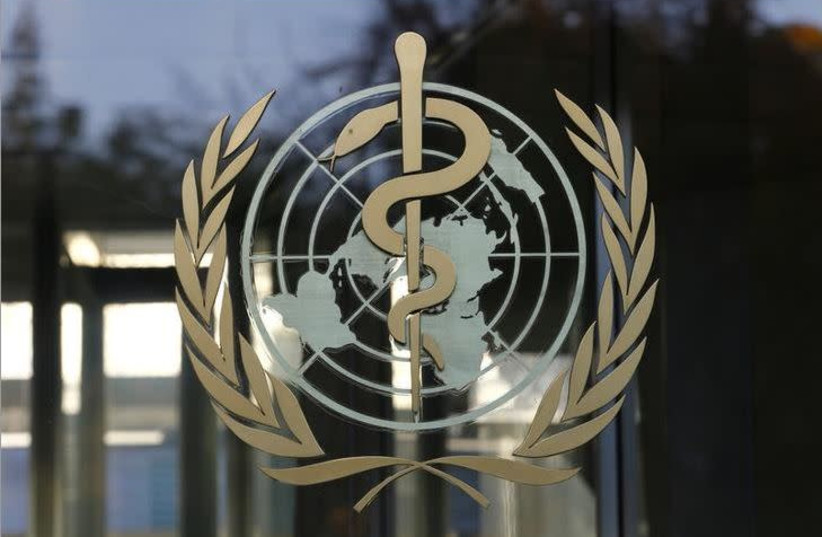Israel classified several African countries as red after a new variant considered dangerous emerged in the region.
South Africa, Lesotho, Botswana, Zimbabwe, Mozambique, Namibia and Aswatini will be put under travel ban, Prime Minister Bennett announced Thursday night. Foreigners from these countries will be banned from entering Israel and returning Israelis will need to quarantine even if they are fully vaccinated.
Citizens who return from South Africa will need to enter a corona hotel for a week, pending two negative tests. If they refuse to take the tests, they will need to remain in the hotel for two weeks.
The new variant was first detected in South Africa. Called B.1.1.529, it presents 32 mutations in its spike protein. Some of these mutations have been associated with a higher transmissibility and vaccine-resistance in other variants.

A group of South African scientists said that early signs from diagnostic laboratories suggest the variant has rapidly increased in the most populated province of Gauteng, and may already be present in the country’s other eight provinces.
South Africa has confirmed around 100 specimens as B.1.1.529, but the variant has also been found in Botswana and Hong Kong, with the Hong Kong case being a traveler from South Africa. As many as 90% of new cases in Gauteng could be B.1.1.529, scientists believe.
All viruses tend to constantly mutate. While most mutations have no consequences, a cluster of mutations can engender a new variant, and the virus may create a different protein as a consequence.
In the case of corona, the key protein to consider is the spike protein, which is found on the surface of the virus and allows it to penetrate host cells and cause infections.
Variants are designated as variants of concern when they increase the transmissibility of the virus, tend to elicit more serious symptoms, or appear to be more resistant to antibodies.
Prof. Cyrille Cohen, head of the immunology lab at Bar-Ilan University, said the variant is presenting the highest number of mutations ever recorded.
“We are talking about something that is extremely different from what we have known so far,” he said.
Some experts have suggested that there are reasons to believe that B.1.1.529 might be more infectious or more vaccine-resistant, as the mutations it presents have been associated with these characteristics in other variants.
“The new alarming variant B.1.1.529 discovered in South Africa may be more contagious and more resistant to vaccine than the Delta variant that dominates here,” Prof. Eran Segal, a computational biologist from the Weizmann Institute of Science who also advises the government on the pandemic, tweeted on Thursday. “There is not enough information yet, but this variant has more mutations than other variants, and some of them are mutations that provide more resistance to the vaccine and better ability to spread.”
Cohen said that while it is important to be cautious and monitor the situation, it is too early to be alarmed, because it is still too soon to know how the mutations will behave in the context of the new variant.
“We will have to see more data from the laboratory and from the field,” he said, adding that so far the vaccine has proven to be effective against all the major variants Alfa, Beta, Gamma and Delta.
According to Cohen, the new variant shows why it is important to improve vaccine access for everyone in the world.
“Vaccination might not completely prevent infection, but people who are inoculated tend to have a stronger and faster immune response if they catch the virus and give it less opportunity to remain in the body, duplicate and mutate,” Cohen said.
Reuters contributed to this report.
